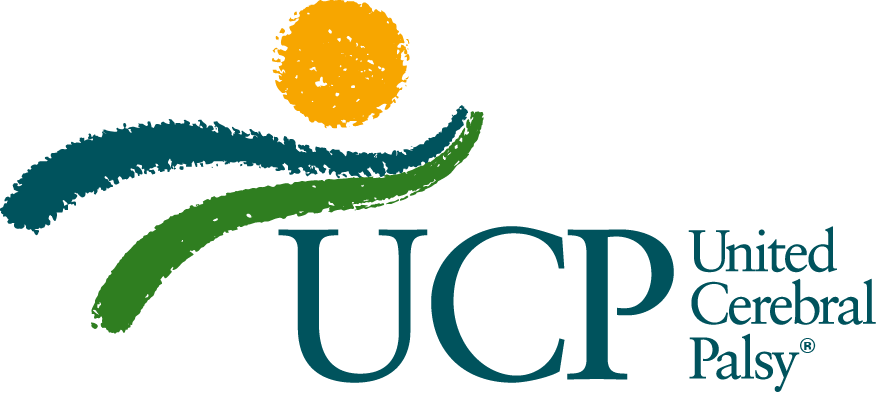Advocacy
UCP’s mission is to promote the independence and inclusion of people with cerebral palsy, intellectual, developmental, and other disabilities through our network of affiliates and partnerships. Through advocacy and public policy initiatives, we strive to break down barriers and create a world where every individual can thrive.
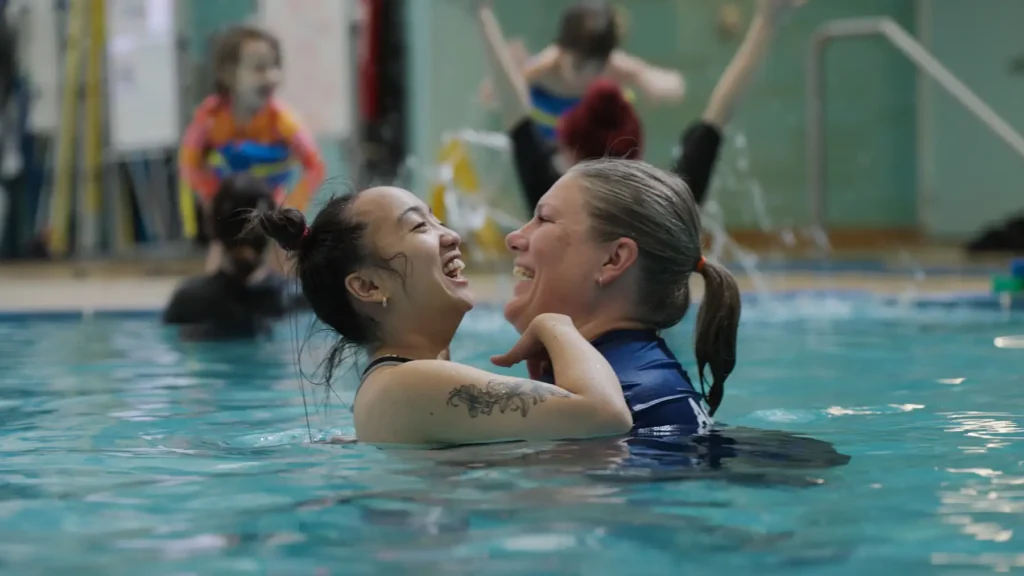
Photo courtesy of Cerebral Palsy Alberta
Why Advocacy Matters
Advocacy is at the core of our mission to create a life without limits for people with cerebral palsy and other disabilities. Through public policy initiatives and a collective powerful voice, we drive systemic change that breaks down barriers and opens doors to opportunity.
The Path to Inclusion Runs Through Policy
Public policies shape the landscape of inclusion for people with disabilities. From education and employment to healthcare and community living, the laws and regulations we advocate for determine the rights, resources, and accessibility afforded to millions of Americans with disabilities.
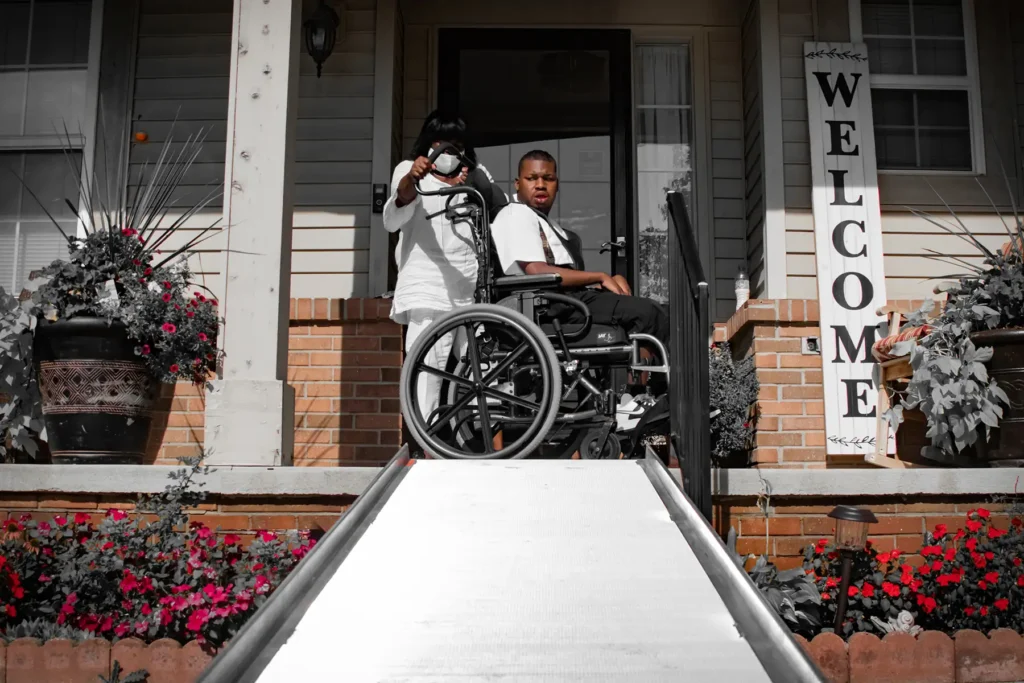
Photo courtesy of MI-UCP
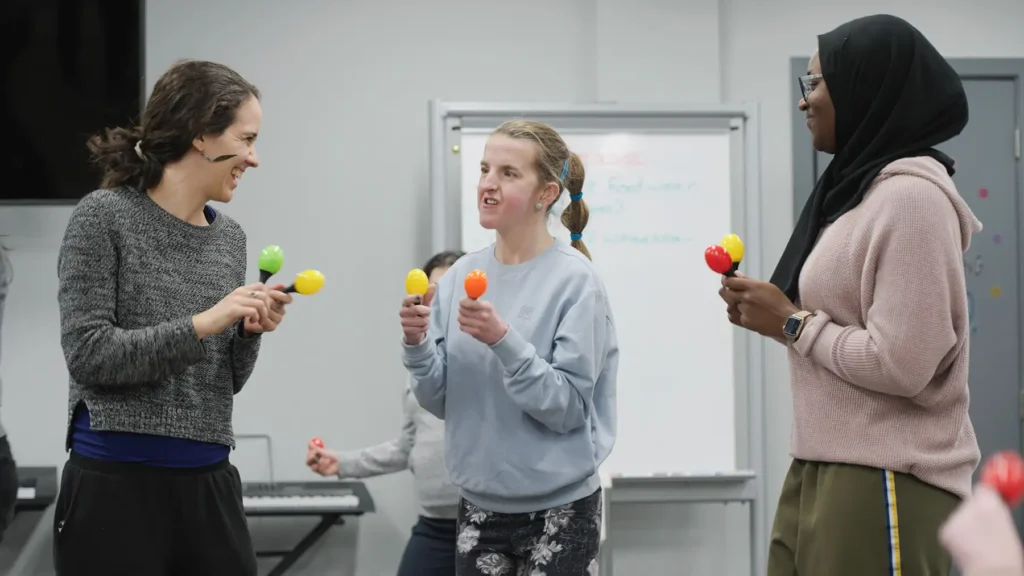
Photo courtesy of Cerebral Palsy Alberta
Giving Voice to Those Without
UCP serves as a steadfast advocate, amplifying the voices of those we serve and ensuring their needs are heard by legislators and decision-makers.
Collective Impact Through Partnership
True progress requires collaboration. UCP partners with disability rights organizations, policymakers, and other stakeholders to build powerful coalitions. Together, our unified voice carries further, driving meaningful policy changes that create lasting impact.
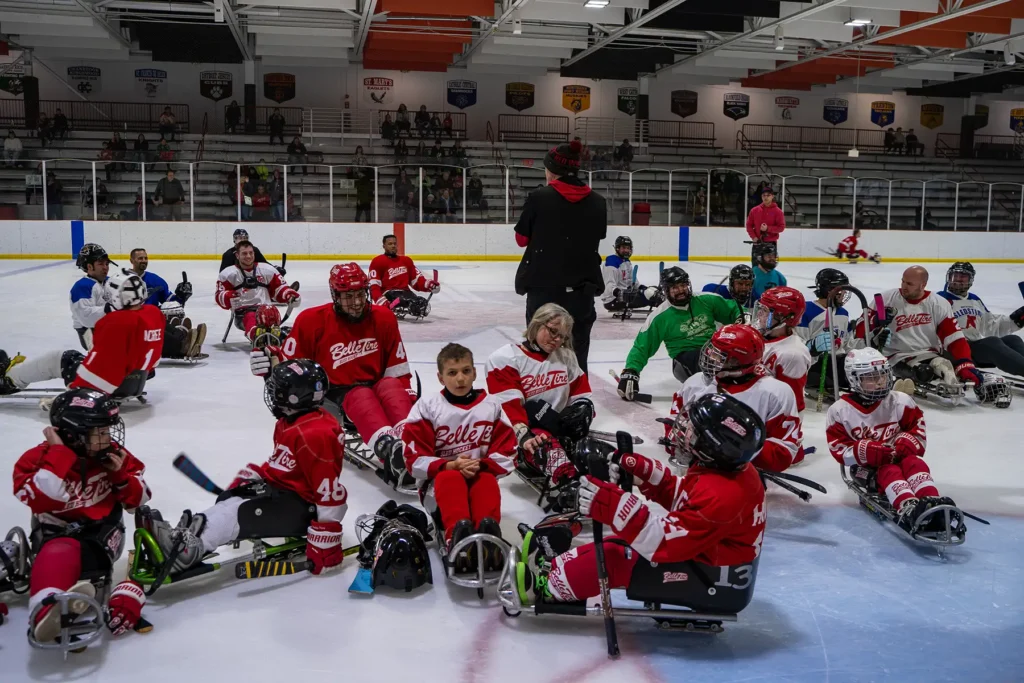
Photo courtesy of MI-UCP
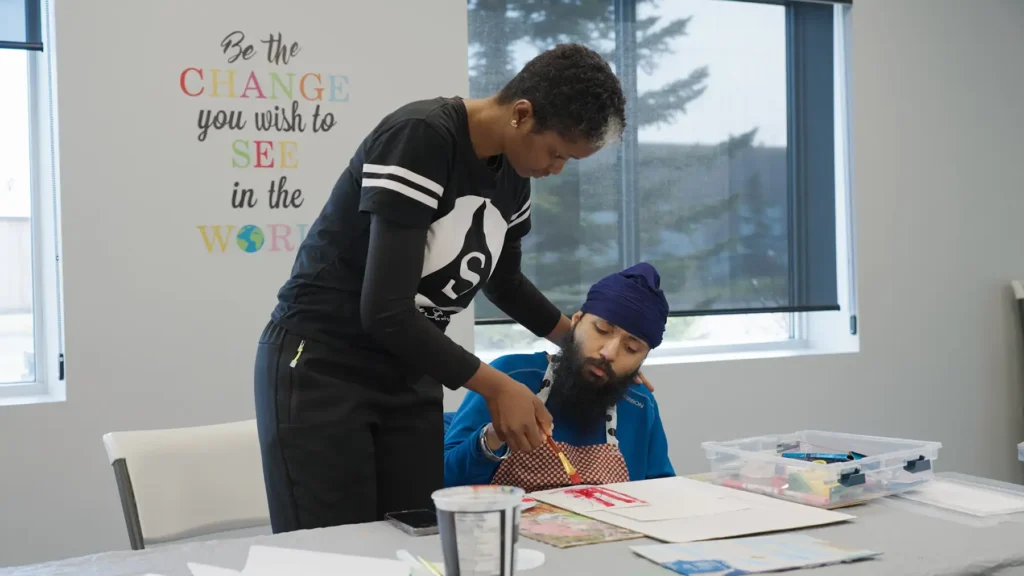
Photo courtesy of Cerebral Palsy Alberta
A Catalyst for Change
Our advocacy doesn’t stop at influencing public policy. We empower individuals, families, and communities to become their own advocates, providing them with the tools, knowledge, and platforms to effectuate change from the ground up.
